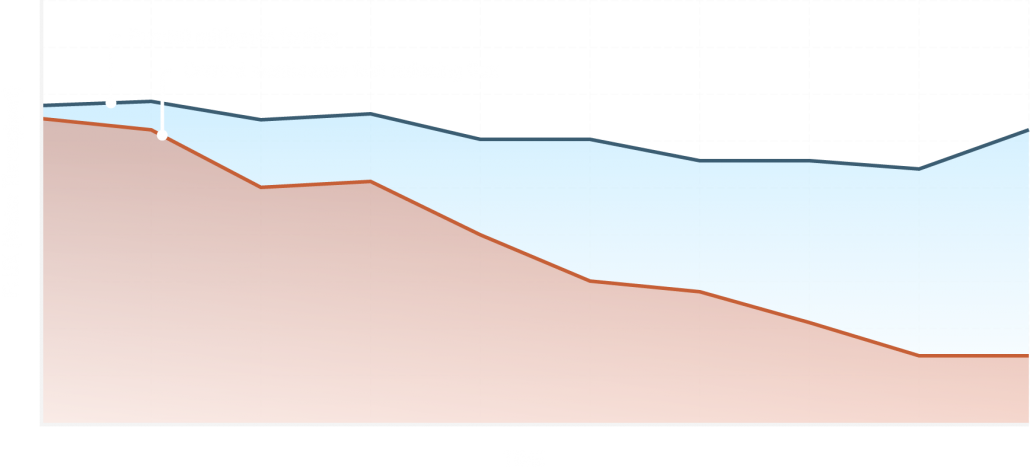The West Has a Clean Water Problem
Rainfall patterns are shifting, populations are growing, and our already-stressed rivers and aquifers are struggling to keep up. Filtering clean water from seawater seems like an obvious alternative, but the steep price tag of desalination plants has hampered widespread construction.
Making Desalination Viable

PureSound Reduces Reverse Osmosis Membrane Fouling by up to 70%
is the mission of Pure Blue Tech Inc., a Seattle-based startup that wants to solve the world’s water crisis through what you might call “good vibrations.” Among the primary costs of desalination are the contaminants — salt, microorganisms, and other particulates — that accumulate on membranes; the more gunk that builds up, the more energy it takes to push the water through, and the more frequently membranes have to be cleaned or replaced. Pure Blue’s innovation is to use ultrasound-like microvibrations to shake off contaminants, saving plants energy, water, time and money. According to Ryan Vogel, the company’s cofounder, the technology can reduce membrane fouling by 70 percent, cutting resultant clean water costs by 30 percent.
Clean Water is Vogel’s Passion
Vogel, a 2013 graduate of the University of Washington, didn’t start out devoting his life to water — his first passion was neurosurgery. But when he realized he could help more people by creating a business than through medicine, he changed his focus to entrepreneurship, and he soon discovered a passion for H2O. “Clean water is the backbone of every industry in the world — it’s the backbone of life,” he says. “There’s nothing that I want to do more than provide more of it.”
Building A Clean Water Supply Drop by Drop
In 2013, Vogel and Pure Blue cofounder Adam Greenberg got a boost when they took home first prize — and the accompanying $25,000 — in UW’s Business Plan Competition. With help from investors, Pure Blue’s capital has since grown, and its founders have recruited a board of heavyweights from the fields of water treatment and management. Vogel expects the nascent company to set up its first pilot projects in 2016 at sites in Seattle, California, and Washington’s San Juan Islands, which lean heavily on desalination to meet their water needs. Says Vogel: “We’re building this brick by brick.”
Ben Goldfarb is a correspondent for High Country News.
Reprinted by permission from High Country News.


